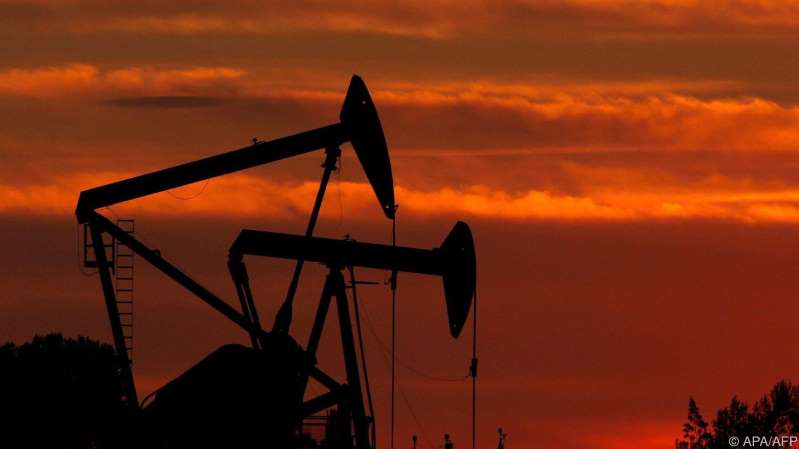Shell made its lowest profit in decades. BP and US oil giant ExxonMobil also lost billions.

The oil industry, once used to success, can look back on a gloomy year: The weak energy consumption due to the corona pandemic and the low raw material prices have hit the European industry giants Shell and BP as well as the US giants ExxonMobil and Chevron hard.
And the outlook also remains rather bleak in view of the expectation that demand will be subdued in the longer term. But even before the corona crisis, the oil giants were under pressure: In view of the energy transition, some companies such as OMV are now looking for salvation in new business areas.
The weak demand for the world's most important energy source caused the British-Dutch Shell's profits to melt to their lowest level in at least two decades, the company announced on Thursday. The annual profit fell by 71 percent to 4.8 billion dollars (4 billion euros). But rivals like the British BP or the US company Exxon were hit even harder: Depreciation due to the long-term subdued energy prices broke BP in a loss of 5.7 billion dollars, as the company announced a few days ago.
Losses with competitors too
ExxonMobil also suffered from write-offs and losses in oil production and in the refining business. The US group accumulated a loss of 22.4 billion dollars and was the first in the red as a listed company. The Austrian oil and gas group OMV, which is much smaller in international comparison, also suffered a drop in profits in the past financial year. The adjusted surplus collapsed by more than half to 679 million euros.
For those investors who had to digest a massive slump in the share price of Big Oil shares last year, there was also good news recently. Shell wants to raise the quarterly dividend slightly in the first quarter. That would be the second slight increase since the payout cut at the beginning of last year. OMV also wants to increase the distribution by six percent to 1.85 euros per share.
For the current financial year, the CEOs are dampening expectations. BP management, for example, assumes that oil consumption will only be able to recover partially in the next few years, despite decreasing travel restrictions. The 112-year-old oil and gas company wants to focus entirely on green energy in the future. By the middle of the century, all emissions from our own operations are to be reduced to zero. Shell also wants to go in this direction and has committed itself to a comprehensive restructuring of the company, which will lose up to 9,000 jobs.
The Viennese OMV, however, is taking a different path. Last year, she significantly expanded her petrochemicals business with the billion-dollar acquisition of the Borealis Group. “Chemical products are urgently needed even in a low-CO2 world and are therefore an attractive growth market”, CEO Rainer Seele explained his course. In the energy transition in particular, high-quality plastics would be required – for solar systems and wind turbines, for example, as well as for everyday items such as smartphones or weatherproof clothing.

